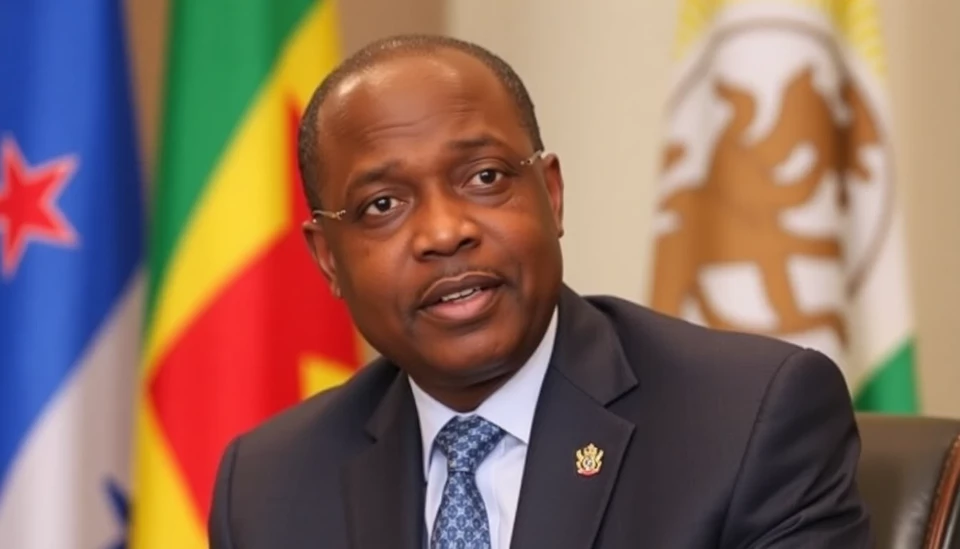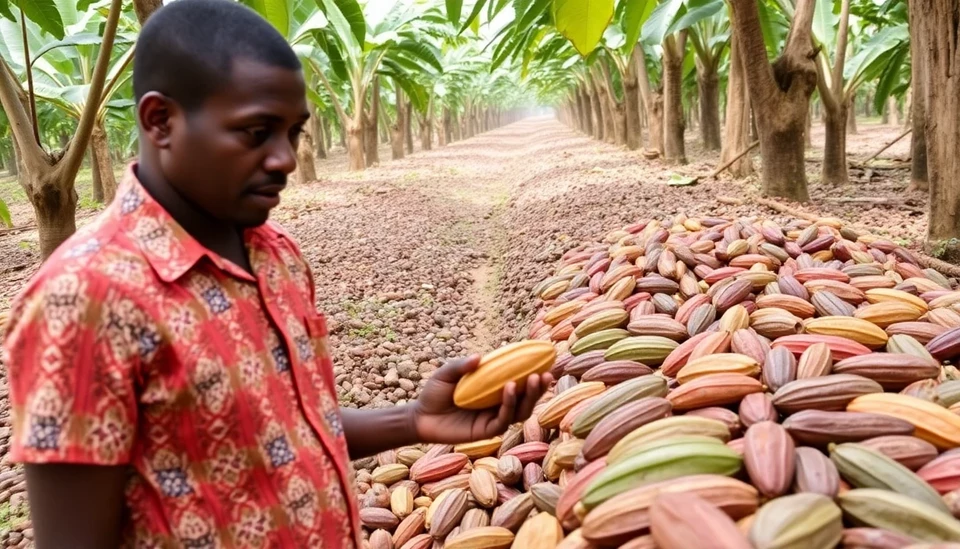
In a significant decision reflecting the current economic climate, Ghana's central bank has opted to maintain its benchmark interest rate, keeping it steady at 30%. This decision comes in light of persistent inflationary pressures that continue to challenge the nation’s economic stability. The announcement was made following the Monetary Policy Committee meeting held earlier this week, with officials stressing the importance of closely monitoring the evolving economic landscape.
Ghana has been grappling with elevated inflation rates which, as of December 2024, hovered around a staggering 32.2%. This marks a considerable challenge for policymakers, as the country strives to balance economic growth with the imperative of controlling inflation. The central bank's reluctance to adjust rates reflects a cautious approach, aimed at fostering stability in a volatile environment.
Central bank Governor, Ernest Addison, highlighted that the decision to hold rates steady was influenced by a combination of factors. Despite the high inflation, recent surveys indicated some moderation in consumer price increases, suggesting that inflation may be nearing its peak. However, he acknowledged that fundamental inflation pressures persist, fueled in part by ongoing supply chain disruptions and a tight labor market.
The implications of this decision extend beyond the immediate realm of monetary policy. By keeping the interest rate unchanged, the central bank aims to support ongoing economic recovery, particularly as the nation targets robust growth in key sectors. The agricultural and services sectors remain pivotal in this recovery strategy, allowing the economy to diversify and mitigate the risks associated with overreliance on commodities.
Analysts have noted that while the decision may provide short-term relief for borrowers, it does highlight the central bank's ongoing struggle to curb inflation effectively. The delicate balancing act of stimulating growth while managing inflation is one that the bank is acutely aware of, and it remains a focal point in their assessment strategies moving forward.
Looking ahead, the central bank emphasized its commitment to using all necessary tools to achieve price stability and promote economic growth. The Bank of Ghana has undertaken several initiatives to address inflationary pressures, such as enhancing its currency stabilization mechanisms and rolling out targeted financial programs designed to ease the burdens faced by consumers and businesses alike.
As Ghana navigates these turbulent economic waters, all eyes will be on future decisions from the monetary authority. Stakeholders are keenly interested in how the Bank of Ghana will react to upcoming inflation data and whether it will continue to hold rates steady or consider adjustments based on changing economic indicators.
In conclusion, Ghana's bold decision to maintain interest rates amid ongoing inflationary pressures underscores the complexities facing policymakers in the current global economic environment. How well the nation manages these challenges will undoubtedly play a critical role in shaping its economic trajectory in the months and years to come.
#Ghana #InterestRates #Inflation #CentralBank #Economy #MonetaryPolicy #EconomicGrowth
Author: Rachel Greene




